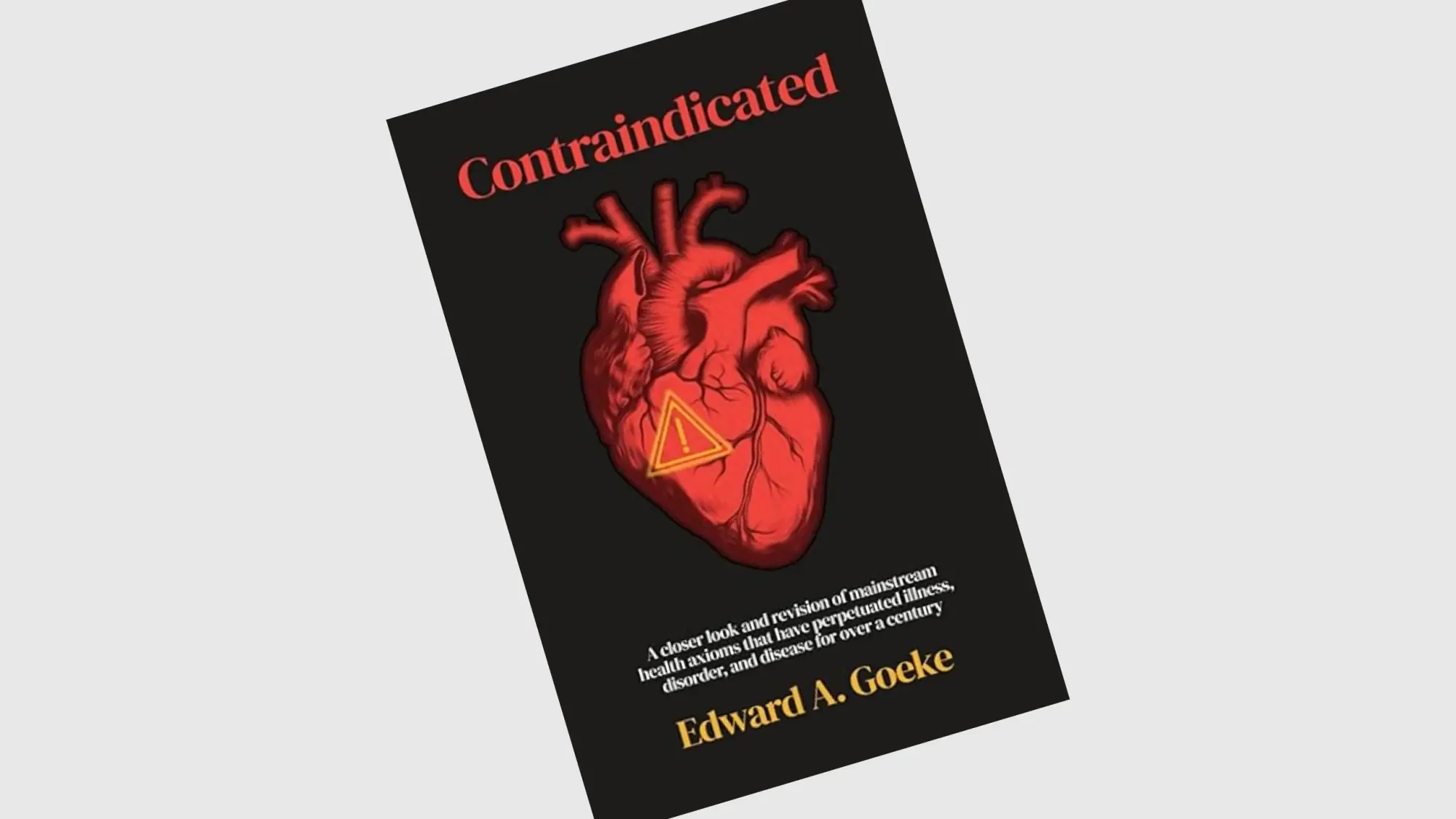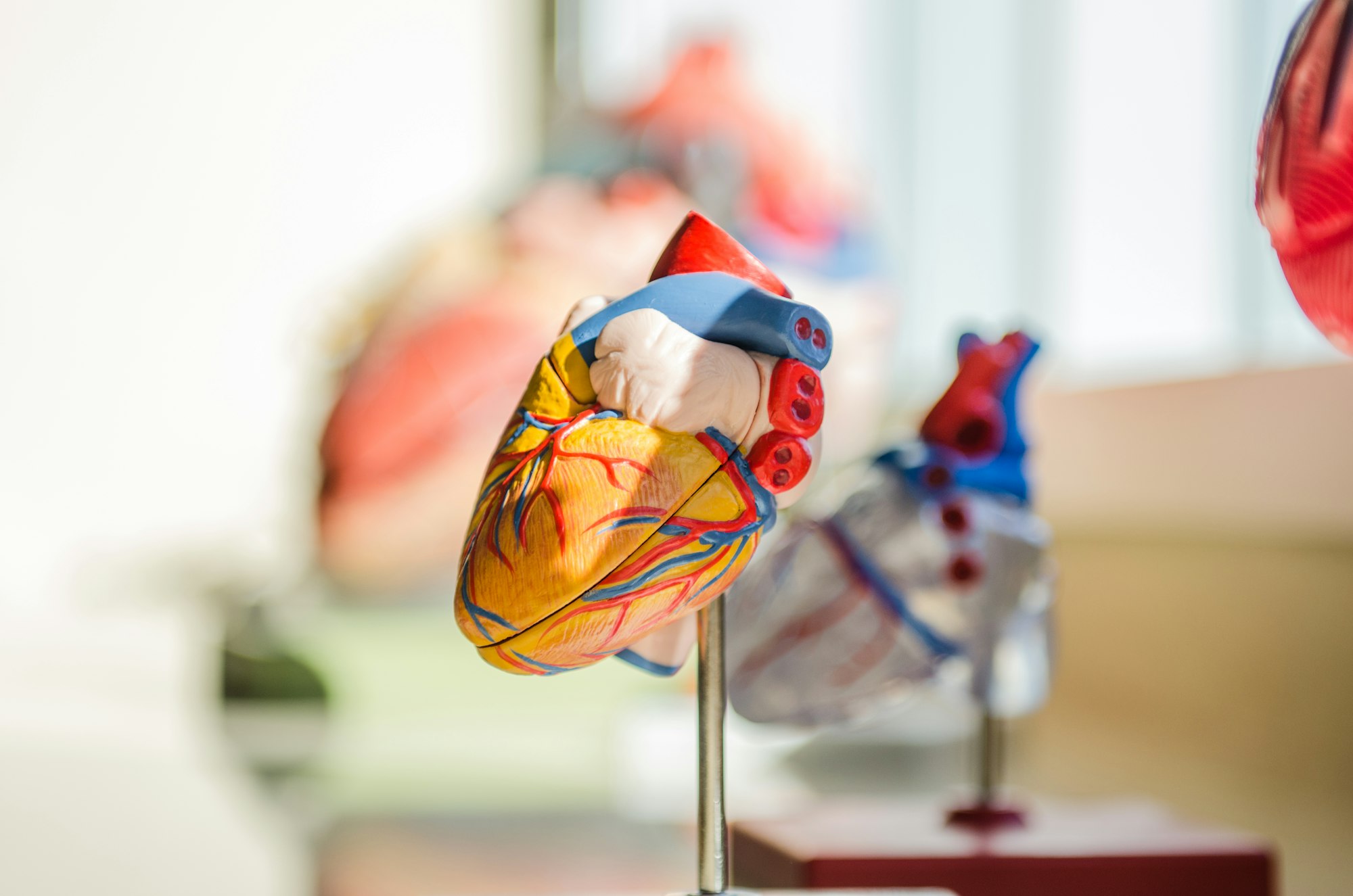The carnivore diet is exactly what it sounds like—eating only animal products. I've found it's a game-changer for backpacking. By eliminating carbs and going fat-adapted, my energy stays steady for hours without the typical crash-and-snack cycle. My pack's lighter too, as fat packs more calories per ounce than carb-heavy foods. No more stopping every hour to refuel. The mental clarity on challenging trails? That's just the meaty icing on this protein-packed cake.
While most hikers stuff their packs with snickers, granola bars and trail mix, I've discovered something better. The carnivore diet. It's simple: eat only animal products. No plants. No carbs. Just meat, fish, eggs, and some dairy. Sounds extreme? It is. But it works.
I've been hiking trails for years, watching fellow backpackers constantly digging through packs for their next sugar fix. Not me, not anymore. As I shifted to a carnivore diet, I've hiked longer with fewer meals. The science is uncomplicated - fat adaptation. My body burns fat efficiently now, not carbs. No more energy crashes.

My current goal is to be able to hike 3-5 days without food, using only electrolytes as needed and refueling with quality foods in town. While it may sound insane there is someone recently who ran 5 fasted marathons in 5 days, he never ate and he got faster and more efficient the longer he went.
Fat-fueled hiking eliminated my energy rollercoaster. No more sugar fixes—just steady, sustainable power.
Let's talk practical benefits. My pack weighs less. Jerky, pemmican, canned fish, and hard cheeses pack serious calories in minimal space. A few ounces of pemmican equals a pound of typical backpacking food. Do the math. That's significant weight savings over a multi-day trek.
The mental clarity is unreal. No brain fog on difficult trails. I'm focused, alert, making better decisions about routes and weather conditions. It's like someone turned up the dial on my awareness. Vital when you're miles from civilization.
Planning is always smart. I calculate my energy needs before every trip. Fat provides most of my energy - protein rebuilds muscles after punishing climbs. I recommend trying to get 1.2-2.0 grams of protein per kilo of body weight. I pre-package meals and use lightweight cooking gear. Bone broth packets are helpful for electrolytes as well as ATH Lytes. Trust me on this.
It's not all perfect. Food on long trails gets boring. You need to practice proper storage techniques to prevent spoilage. And yeah, you'll probably pee more because of increased protein intake. Drink water. Lots of it.
The change if you give yourself months is easier but if you try to overnight it then it can be rough. Also, don't attempt your first carnivore experience on a 50-mile trek. That's just stupid. Test it on weekend trips first. Your body needs time, for some weeks but for others months, to adapt to fat metabolism. Gradual introduction helps train your gut for high-fat foods and prevents digestive discomfort that could ruin your hiking experience.

Social dynamics get weird. Your buddies may look at you strangely when you pull out a package of chicken and butter while they're eating ramen. I don't care. I'm the one still moving strongly at mile 15 when they're dragging ass.
The carnivore approach isn't for everyone. Check with your doctor if you have concerns. Monitor your performance. Adjust as required. But if you're tired of constant snacking and energy crashes on the trail, this might be your answer. It was mine.




